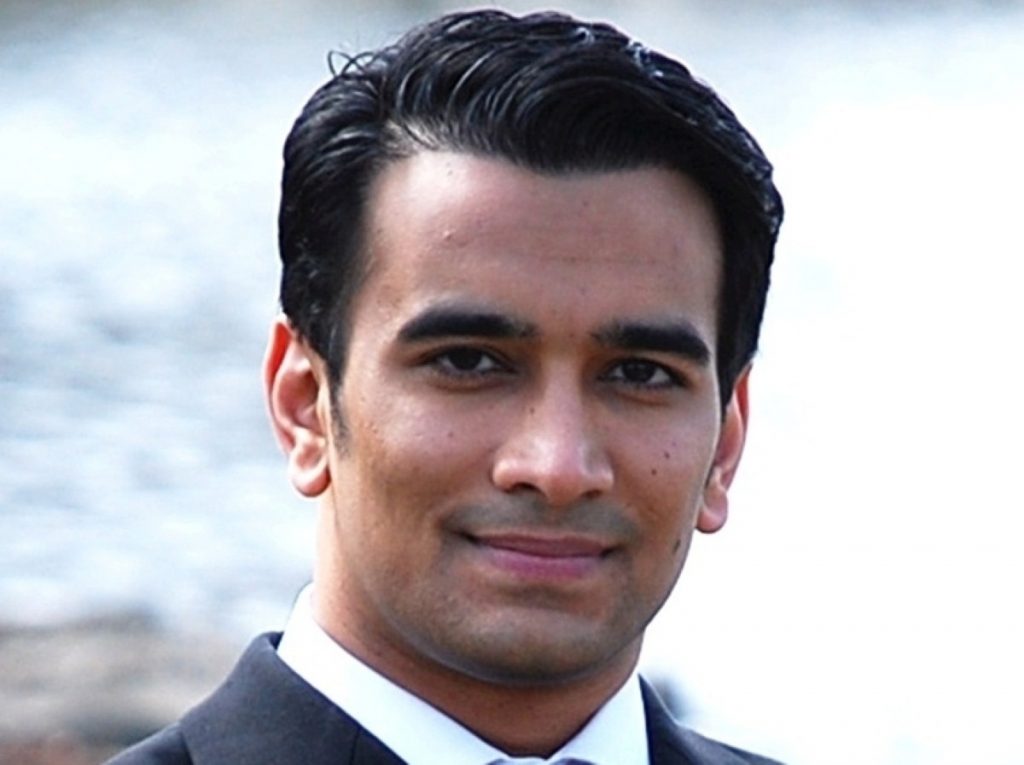Comment: PR is less representative than you think
Proportional representation is like a box of chocolates: you never know what you’re going to get.
By Azeem Ibrahim
Now that we have a coalition, electoral reform is more likely than ever. And yet the post-electoral dithering and huddling is a better argument against proportional representation (PR) than we have had in a long time.
The man in the street is entitled to expect that an election produces a government. Even days after election night, we still didn’t have one. PR would mean that this disappointing inconclusiveness, this national post-electoral dithering and huddling, was the norm in this country. If you think this result was inconclusive, why would you want it every time?


Part of the problem with most forms of electoral reform is that under it, no one party would win, so no party would do what it wants with the power. We the people would only be able to shift the balance of power to the left or the right. It is after the elections that the real decisions are made on how the power will be used.
Proportional representation is the system that the Liberal Democrats have long supported. Us opponents of PR would be foolish to deny that it would be more representative than first past the post (FPTP) in the sense that it would send to Westminster MPs who better represented the choice of the country. The problem is that because there would normally be coalitions, the laws and decisions they make would normally end up being less representative of the choice of the country.
Whereas FPTP is like letting the electorate choose a driver who will choose where to drive, PR is like letting the electorate choose the passengers who will sit in the car, fighting over the destination. It would not be able to actually go anywhere until and unless they manage to agree.
Worse, coalitions are held together by leaders ‘buying off’ the smaller parties to prevent them splitting and triggering new elections. That inevitably results in leaders kowtowing to factional whims and offering concessions to the preoccupations of small parties, however arcane. That would be a very real risk here, where small party support has grown from three per cent to 14% in the last 13 years. In many countries this results in money for the pet projects of small parties or individuals. This is an awful idea at a time when there is such an urgent need to restrict spending.
The second problem with PR is that coalitions would seriously impinge on the government’s ability simply to make a decision. This often results in governmental immobility. PR advocates must accept that sometimes, strong leadership is necessary. Now is one of those times. There are tough decisions to be made on Afghanistan and painful cuts to be made. Coalitions inevitably focus on what governments can do at the expense of what needs doing.
A third problem with PR is the kind of skills it incentivises in our politicians. It rewards those skilled in the politics of the bazaar, the hidden backroom give and take. In Britain, we have a tradition of listening to the parties’ opposing plans, picking one, and then letting the party which proposed it carry it through.
A fourth problem is that PR would make the Liberal Democrats the kingmakers of British politics. This is ironic: it means that a system designed to disperse power downwards and make sure that everyone’s vote counts equally would in fact give it to one man: Nick Clegg. Proportional representation would give any Lib Dem leader in the foreseeable future a permanent veto over government policy. That would be neither proportional nor representative.
In short, if a party asks you to vote for it, it should be able to tell you what it will do with the power. But if we had proportional representation, it wouldn’t be able to, because it wouldn’t know. Why should we change to an electoral system where you never know what you’re going to get?
Azeem Ibrahim is a Research Scholar at the Kennedy School of Government at Harvard University, Member of the Board of Directors at the Institute of Social Policy and Understanding and Chairman and CEO of Ibrahim Associates.
The views expressed in politics.co.uk’s comment pages are not necessarily those of the website or its owners.












